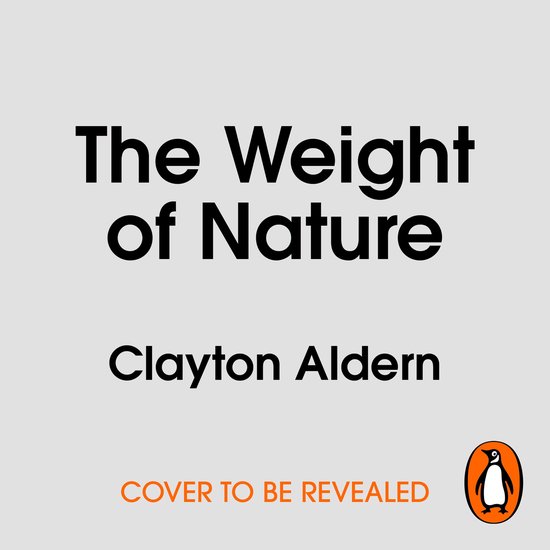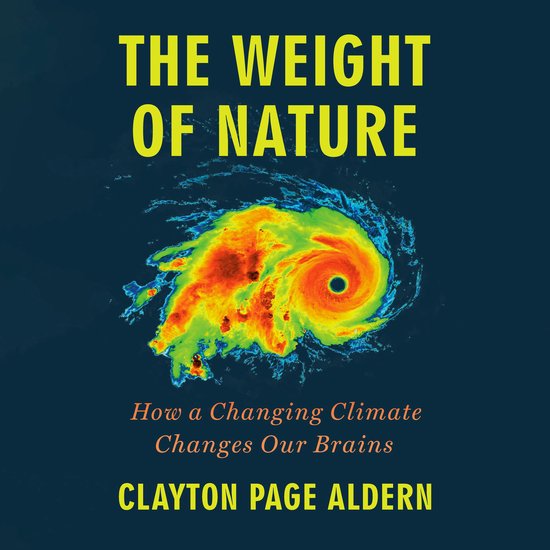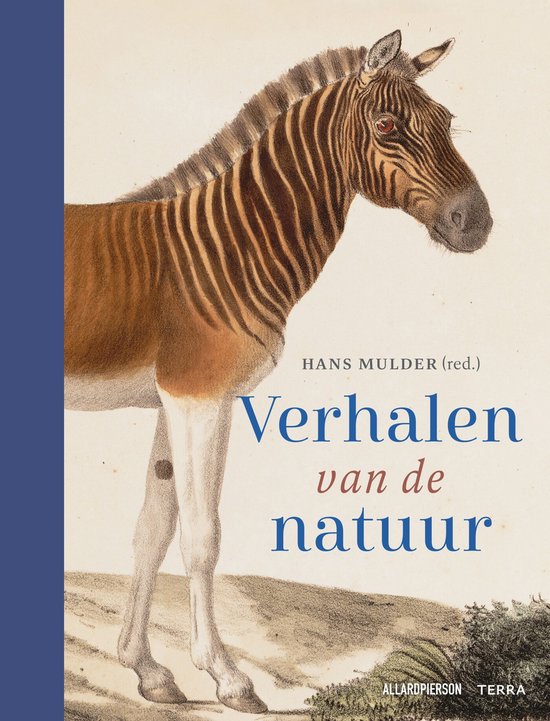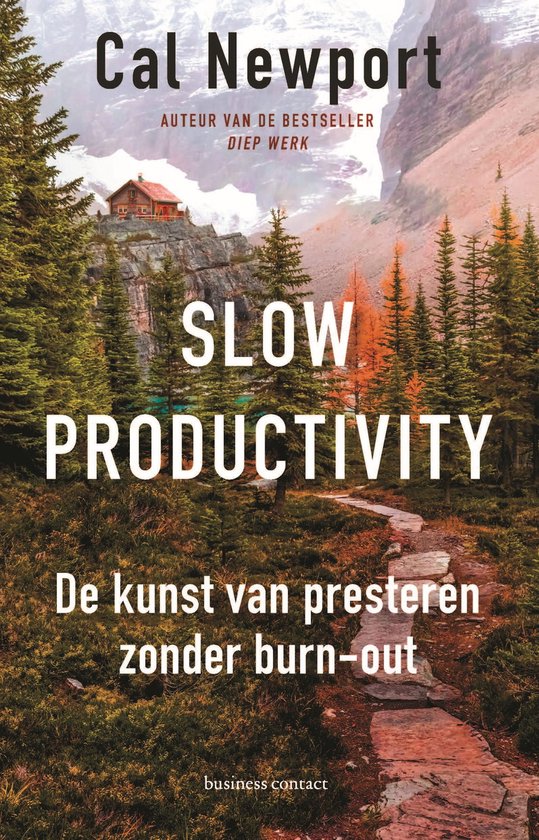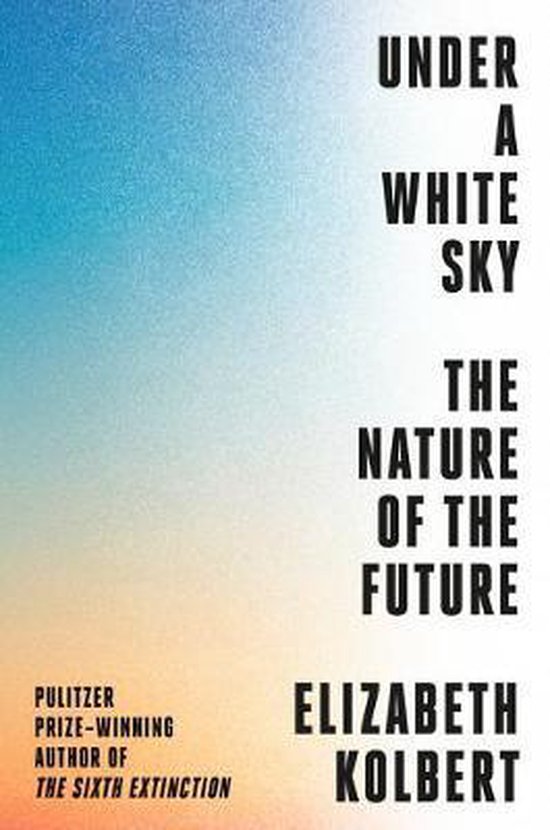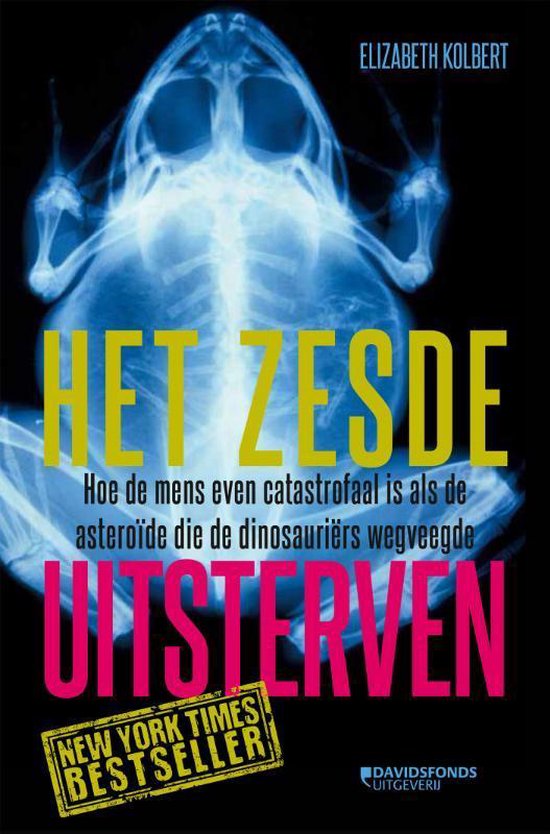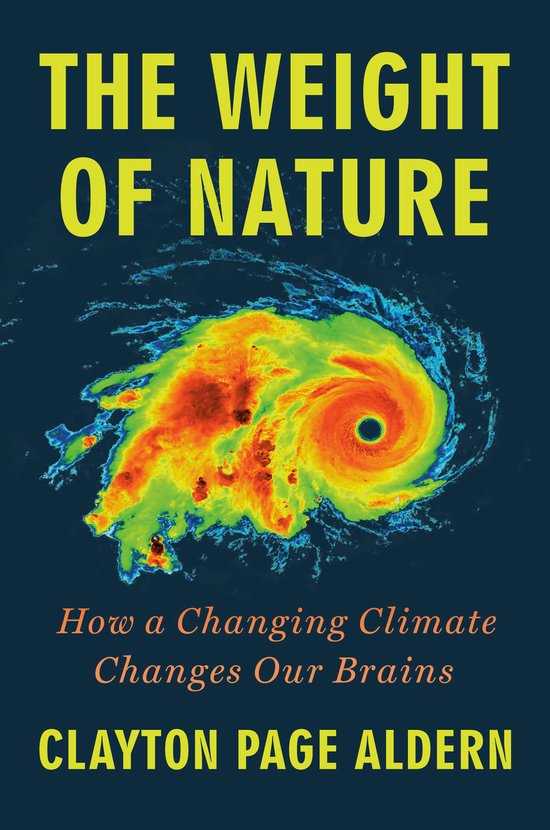
The Weight of Nature
For readers of Kolbert's Under a White Sky and Merlin Sheldrakes Entangled Life, to all those who love science books about the brain
The effects of climate change on our brains are a public health crisis that has gone largely unreported. Based on six years of research, award-winning journalist and trained neuroscientist Clayton Aldern synthesizes the emerging neuroscience, psychology, and behavioral economics of climate change and brain health. A masterpiece of deeply reported, superb literary journalism, this book shows readers how a changing environment is changing us, today, from the inside out. Aldern calls it the weight of nature.
Newly named mental conditions include: climate grief, ecoanxiety, environmental melancholia, pre-traumatic stress disorder. High-schoolers are preparing for a chaotic climate with the same combination of urgency, fear, and resignation they reserve for active-shooter drills. But mostly, as Aldern richly details, we dont realize what global warming is doing to our brains.
More heat means it is harder to think straight. Even at a mere 92 degrees, data shows that IQ measurably decreases. We now know that solar radiation influences serotonin release, which in turn increases the chance of impulsive violence. Air pollution from wildfires affects everything from sleeplessness to baseball umpires error rates. Heat makes us less forgiving. Immigration judges are more likely to reject asylum applications on hotter days. And these kinds of mental health problems are not easily medicated. Certain drugs we might look to just arent as effective at higher temperatures. And, ugh, climate-fueled ecosystem changes extend the reach of brain disease carriers like the mosquitos of cerebral-malaria fame, brain-eating amoebae, and the bats that brought us the mental fog of long Covid.
From farms in the San Joaquim Valley and public schools across the US to communities in Norway's arctic, African war zones and Asian deltas this is a disturbing, unprecedented portrait of a global crisis we thought we understood.
The effects of climate change on our brains are a public health crisis that has gone largely unreported. Based on six years of research, award-winning journalist and trained neuroscientist Clayton Aldern synthesizes the emerging neuroscience, psychology, and behavioral economics of climate change and brain health. A masterpiece of deeply reported, superb literary journalism, this book shows readers how a changing environment is changing us, today, from the inside out. Aldern calls it the weight of nature.
Newly named mental conditions include: climate grief, ecoanxiety, environmental melancholia, pre-traumatic stress disorder. High-schoolers are preparing for a chaotic climate with the same combination of urgency, fear, and resignation they reserve for active-shooter drills. But mostly, as Aldern richly details, we dont realize what global warming is doing to our brains.
More heat means it is harder to think straight. Even at a mere 92 degrees, data shows that IQ measurably decreases. We now know that solar radiation influences serotonin release, which in turn increases the chance of impulsive violence. Air pollution from wildfires affects everything from sleeplessness to baseball umpires error rates. Heat makes us less forgiving. Immigration judges are more likely to reject asylum applications on hotter days. And these kinds of mental health problems are not easily medicated. Certain drugs we might look to just arent as effective at higher temperatures. And, ugh, climate-fueled ecosystem changes extend the reach of brain disease carriers like the mosquitos of cerebral-malaria fame, brain-eating amoebae, and the bats that brought us the mental fog of long Covid.
From farms in the San Joaquim Valley and public schools across the US to communities in Norway's arctic, African war zones and Asian deltas this is a disturbing, unprecedented portrait of a global crisis we thought we understood.
| Auteur | | Clayton Page Aldern |
| Taal | | Engels |
| Type | | Hardcover |
| Categorie | | Wetenschap & Natuur |
